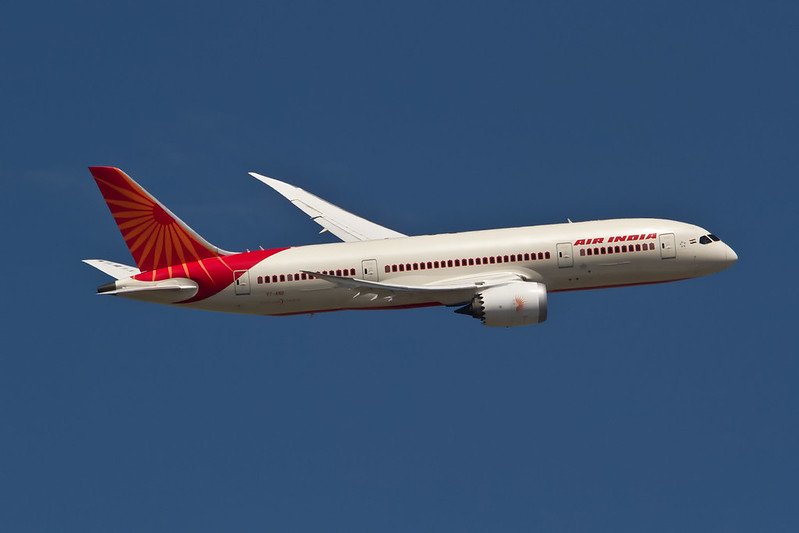As per the report of Business Standard, The Adani group will join the race to acquire Air India and plans to submit an expression of interest (EoI) by next month, said a source close to the development.
The final decision of Adani will, however, depend on the outcome of the due diligence after submission of the EoI. After the EoI process, prospective bidders will get access to data of the airline.
Apart from the Adani group, the Tata group, the Hinduja group, Indigo and a New York-based fund, Interups, are expected to submit EoIs.
The Adani group has ambitions to become India’s largest private airport operator with three airports already in its kitty – Lucknow, Ahmedabad, and Mangalore. It has also won the race for three more airports – Thiruvananthapuram, Ahmedabad, and Guwahati – but is awaiting government clearance.
A spokesperson of the Adani group declined to comment.
Analysts, however, feel that the group’s bid for Air India could face legal challenges given its ownership of airports.
While there are no restrictions on an airport developer to bid for Air India, bid conditions for six Airport Authority of India (AAI) airports won by the Adani group place ownership caps.
According to the bid criteria, an airline or a group owning an airline cannot own more than 27 percent in these six airports. This could complicate matters for the Adani group.
A similar clause restricting airlines or group owning airlines from owning more than 10 percent in Delhi airport recently resulted in the collapse of the Tata-GIC group’s investment in GMR.
A banker, close to the sale process of Air India, said the present rules will not bar the Adani group from bidding for the airline. “We want as many companies to bid for the airline as it is a good asset after Rs 30,000 crore of debt was removed from the airline along with the government’s offer for 100 percent stake,” said the source.
This is the second attempt made by the Centre to sell the airline after it failed to receive buyers in the first round last year.
Since then, the government offered to sell 100 percent of the airline’s stake instead of 76 percent offered in the first round.
Air India and its subsidiary, Air India Express have about 120 aircraft at FY18-end and 126 aircraft till September last year. Its fleet has both narrow-body aircraft from Airbus and wide-body planes from Boeing, making it simpler for an incoming bidder.
While the wide-body fleet is being used for international operations, the airline is using the narrow-body planes for domestic operations.
Sale of Air India to a private player is important for the central government as it had to pump in INR 30,000 crore of tax payer’s money into the airline since 2012. The airline, however, has not made money since the merger of Air India and Indian Airlines in 2007.
Apart from Air India, the government has also offered to sell Air India Express and its 50 percent stake in Air India SATS Airport Services.
According to present aviation sector norms, foreign airlines can bid but acquire a maximum of 49 percent stake due to sectoral caps on foreign direct investment.
To get travel updates directly on your mobile, save and send a message at 9461777617 on Whatsapp to start.
Also Read, Air India suspends China, Hong Kong Flights till June 30





